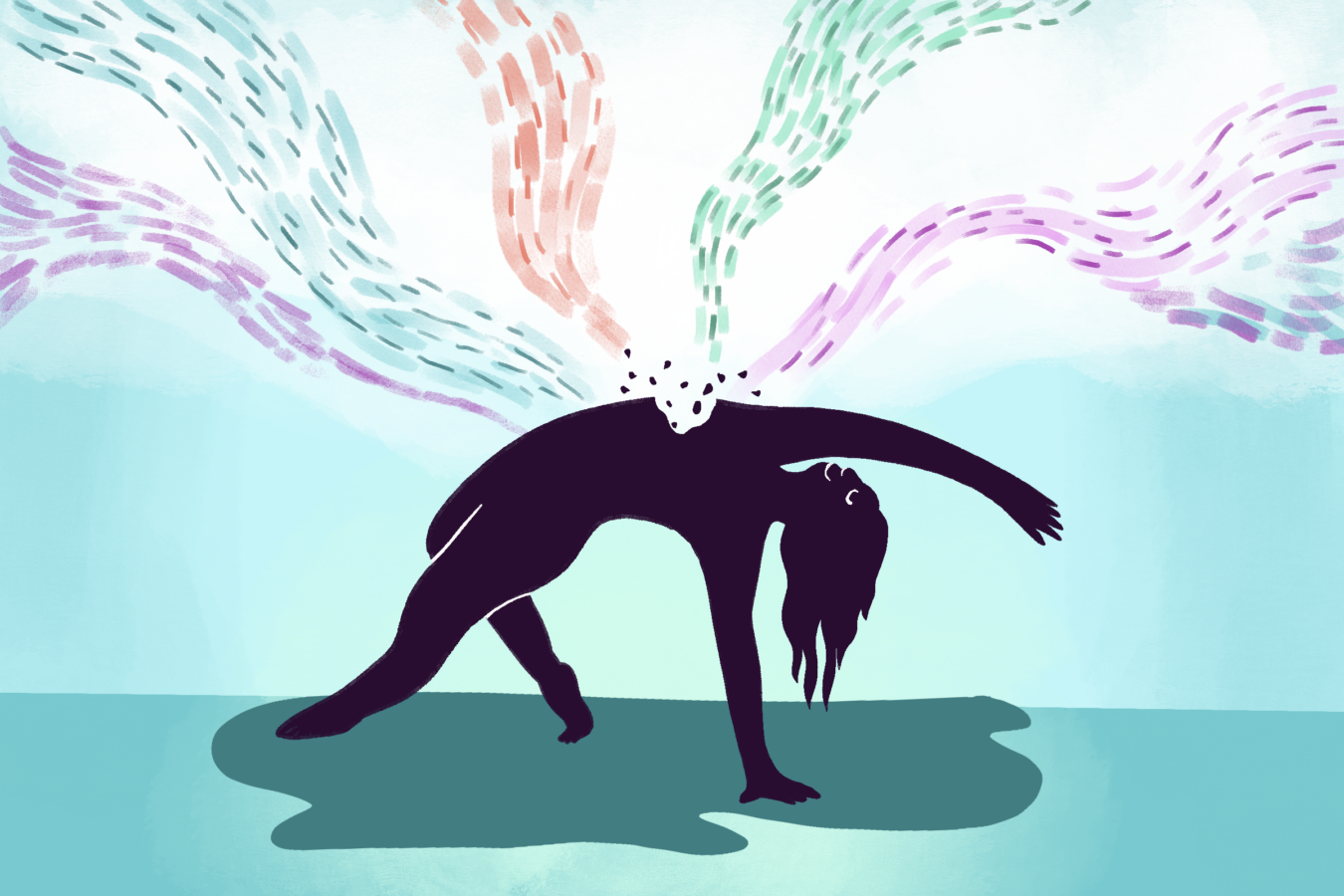As a Jew who has devoted most of his years to studying, teaching, and translating Hasidic sources, it is only fair that I should be called on to answer the question of how Hasidic wisdom can improve your life. Yet on hearing it, I immediately draw back and say: “That’s the wrong question.”
Hasidism is, above all, a devotional philosophy. It is built on a life of chesed, or compassion. In the Jewish mystical tradition on which Hasidism is based, chesed represents divine love, a selfless compassion that flows endlessly into the world, sustaining existence in each moment. To be a Hasid is to try to embody that love — to give to God, to people, and to the world without seeking recompense. “The reward of a is a mitzvah itself,” the rabbis teach, meaning that doing good is its own reward. Do not look for anything more. To ask what’s in it for us is very much to miss the point.
Hasidism did not set out to be a self-help teaching. On the contrary, it is a self-transcendence teaching. Rabbi Yehudah Leib Ashlag, the great renewer of kabbalistic study in the early 20th century, taught that we live in a transactional universe. Everything is about giving and receiving. The situation into which we are born and nourished makes us all receivers. We come into the world as helpless infants, sustained by the love and support, physical as well as emotional, of our parents. Partly because that sustenance is so natural to us, we mostly take our ongoing day-to-day existence for granted, not asking what we have done to earn the right to be present in this world, to breathe the air we do and to consume our share (or much more than our share) of the earth’s resources.
At some point (and it may take a very long time), we come to maturity. Something happens in our lives that makes us begin to realize that it is all a gift. For some, it is the loss of a loved one that makes us aware of our own mortality and the fragility of our existence. For others, it is love itself that opens our hearts to appreciating the gift that is our lives. But it may also come about from reading a poem, hearing great music, or seeing the magnificence of the natural world in which we are blessed to live.

Help us keep Jewish knowledge accessible to millions of people around the world.
Your donation to My Jewish Learning fuels endless journeys of Jewish discovery. With your help, My Jewish Learning can continue to provide nonstop opportunities for learning, connection and growth.
One of my favorite lines in the Psalms is the simple opening of Psalm 100: Mizmor le-todah, which I translate as “A hymn to gratitude.” I sing in thanksgiving for the gift of gratitude. For most people, it is coming to gratitude that first opens our hearts, setting us on the course of what becomes our spiritual journey. The question “To whom am I grateful? Or to what?” arises in our hearts. All our images of God are born of our ongoing attempt to respond to that question: a loving parent or a generous ruler may come to mind. But the Zohar, the great work of Jewish mystical teaching, reminds us that we could also say: a flowing river, the rock of our salvation, the sea of life, and lots more.
Sign up here for My Jewish Learning’s email series about how Hasidic wisdom can improve your life.
The purpose of such teachings, says Rabbi Ashlag, is to help transform us from receivers in the divine economy into givers. Gratitude is the first step. It should lead me to ask: How can I pay back? What do I have to put into the system, rather than just taking? Most of us respond to that question with gifts of love. We raise our children, we support our aged parents, we give to those around us, because we know it is the right thing to do. But others are drawn by the same logic to create great humanitarian projects, to give away huge sums to the needy, to spend their lives trying to save our planet from destruction. God bless them.
The old Kabbalah was built around the notion that performing a mitzvah was an act of giving to God, that God needed, or at least actively sought, the extra measure of blessing that was brought into the world by each act of devotion. Some even sought to identify exactly which link in the cosmic structure was strengthened by each particular form of worship. To modern ears this can sound trivializing or overly mechanistic. But the idea that we are here to add blessing to the universe, to increase goodness through a life of giving, is not trivial at all.
Hasidism sought to expand on the system of commandments, using them in a paradigmatic way. The love you have for a sacred act, like that of putting on tefillin and blessing the Shabbat candles, should teach you what it means to perform a simple deed with your whole heart. Then apply that lesson to everything else in your life. The line from Proverbs, “Know God in all your ways,” became the great watchward of Hasidism. Turn everything you do in life into a mitzvah, a sacred channel of giving and connecting to the One. Do it with joy and an open heart.
Will living this way improve your life? You betcha. Not because it will solve all your problems or take away all the pain. If you turn to religion as a super-drug expecting it to do that, you will only be hurt and disappointed. But as every good lover knows, the greatest pleasures in life come about through giving.
Hasidism is a Jewish way of living into that truth. Learning and stretching yourself to become a giver in this blink of an eye that is the course of our lives on earth will transform you as well as those around you. If you’re doing it right, it should bring you much happiness as well.
Want more? MJL’s “Discovering Jewish Spirituality” email series will guide you through authentic Jewish methods of bringing spirituality into your everyday experience. Sign up here.
Enhance your spirituality journey by joining our weekly Jewish Meditation Moment for a brief Jewish teaching followed by a guided meditation.



